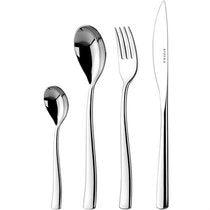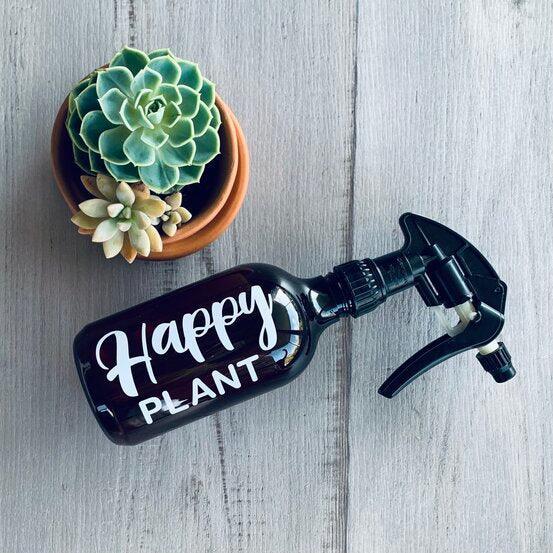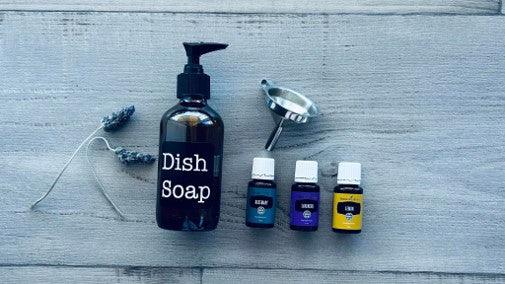
Care and Maintenance for Cutlery
To ensure long life and to retain the lustre of your cutlery, the following procedures are recommended:
-
Wash immediately after use with a good quality detergent
-
Do not use harsh washing powders or abrasive cleaning cloths
-
Do not mix 18/10 grade cutlery with 18/0 when washing as this can cause discoloration and corrosion.
-
If using a dishwasher, always remember to load forks and spoons handles down, tines and bowls up.
-
Place knives in a separate basket with blades facing down to prevent scratching and unwanted contact with other alloys.
-
Remove cutlery from dishwasher immediately at the end of the washing cycle.
-
Store cutlery in dry places and dry completely before storing to prevent water stains.
-
To remove marks from your cutlery, it is recommended that a cleaner or polish for stainless steel is used.
-
These can be purchased from your chemical supplier. Follow the manufacturer’s instructions. Do not use silver polish on stainless steel as it will damage the surface.
There are various grades of stainless steel used in the manufacture of cutlery.
The higher the nickel content the better quality the cutlery will be.
18/10 -18% Chromium / 10% Nickel
18/8 - 18% Chromium / 8% Nickel
18/0 - 18% Chromium / 0% Nickel content thus this grade is more prone to rust spots
PVD (Physical Vapor Deposition) Cutlery
PVD is a vaporization coating technique (layer by layer). The coating is applied using vacuum deposition, which means that articles with the hollow cavities can not be coated (e.g. hollow-handled knives). The various colours are the result of different chemical compounds in the coating. PVD is dishwasher safe.
What are PVD coating used for:
-
Improved hardness and use- resistance
-
Reduced friction
-
Improved oxidation resistance
- Was originally developed for the jewelry industry






